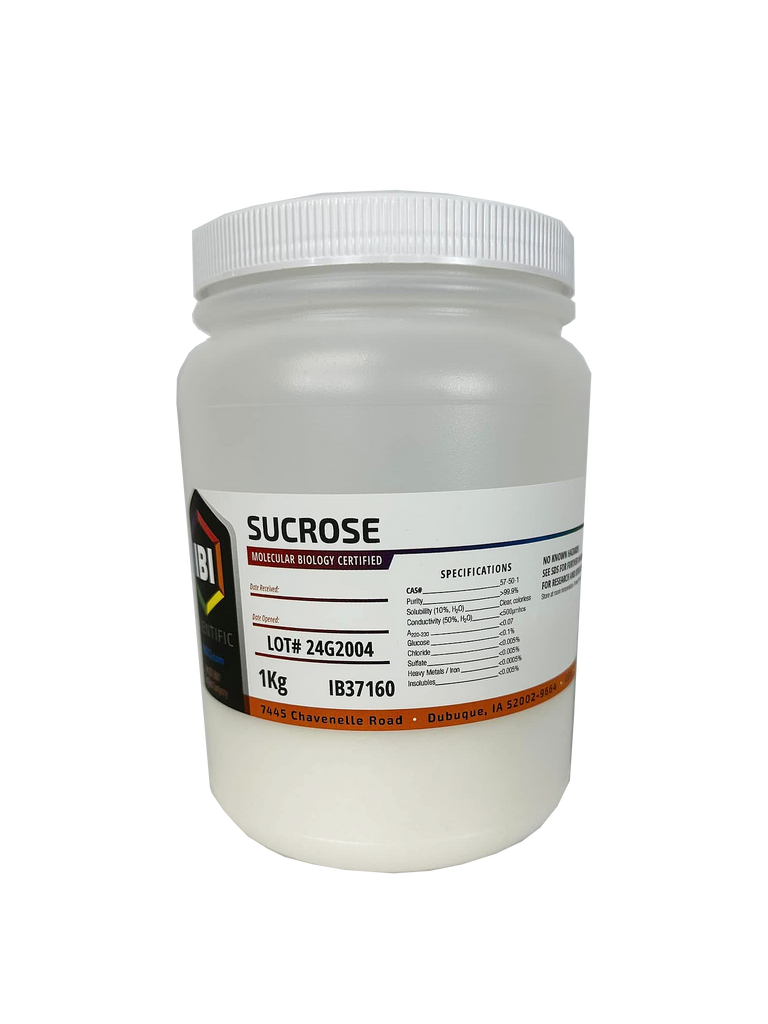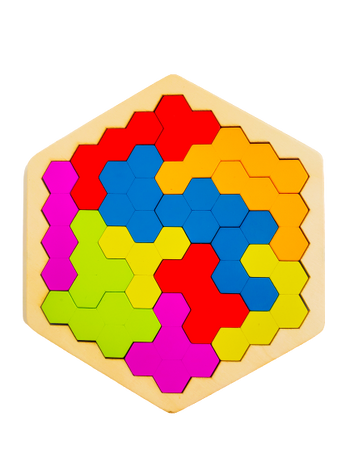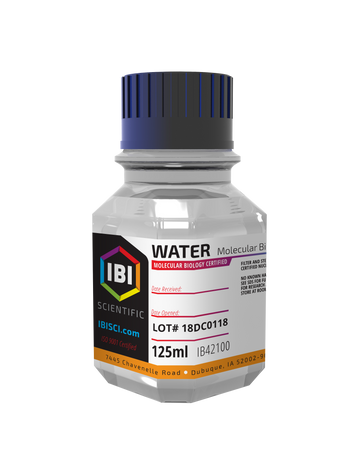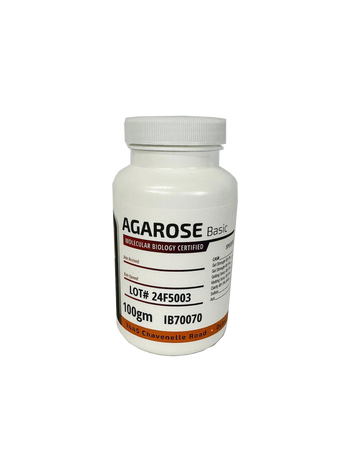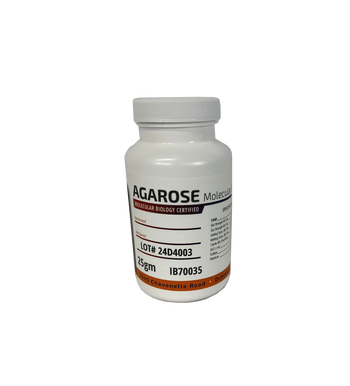
What is Sucrose?
Sucrose (CAS# 57-50-1) is a versatile disaccharide widely utilized in scientific and laboratory applications. Known for its high purity and stability, sucrose is frequently employed in biochemical processes due to its unique molecular properties. It serves as a reliable reagent for various experiments, making it an essential compound in molecular biology, biochemistry, and analytical research.
Sucrose in Rate-Zonal Centrifugation
Sucrose is a critical component in rate-zonal centrifugation, a technique used to separate molecules based on size and conformation. Its density gradient-forming capability ensures precise separation and analysis of complex biological mixtures. Trusted by researchers worldwide, sucrose is an indispensable tool for studying macromolecules and their behaviors in solution.
- Item Description
- Physical Specifications
- Certificate of Analysis
- SDS
CAS# 57-50-1
Sucrose is used in rate-zonal centrifugation to separate molecules based on size and conformation.
CAS#: 57-50-1
Molecular Formula: C12H22O11
Molecular Weight: 342.30
Purity: >99.9%
Solubility (10%, H2O): Clear, colorless
Conductivity (50%, H2O): <500 μmhos
A220-230: <0.07
Glucose: <0.1%
Chloride: <0.005%
Sulfate: <0.005%
Iron: <0.0005%
Heavy Metals: <0.0005%
Insolubles: <0.005%
Molecular Biology Specifications
DNase assay: None Detected
RNase assay: None Detected
Protease assay: None Detected

